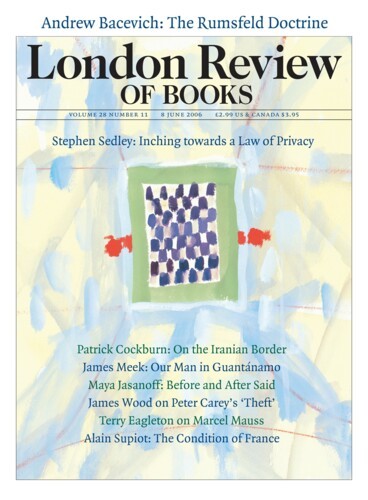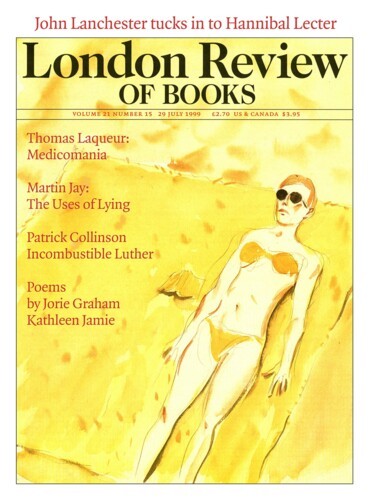Against Solitude: Karl Jaspers
Martin Jay, 8 June 2006
Who now still reads Karl Jaspers? Compared to the other still influential giants of 20th-century German philosophy – Husserl, Heidegger, Gadamer, Adorno, Habermas, Arendt, Cassirer and Wittgenstein (I’m including Austrians) – he has faded from the canon. At least in the English-speaking world, Jaspers is now remembered more for his writings on other thinkers, such as...





